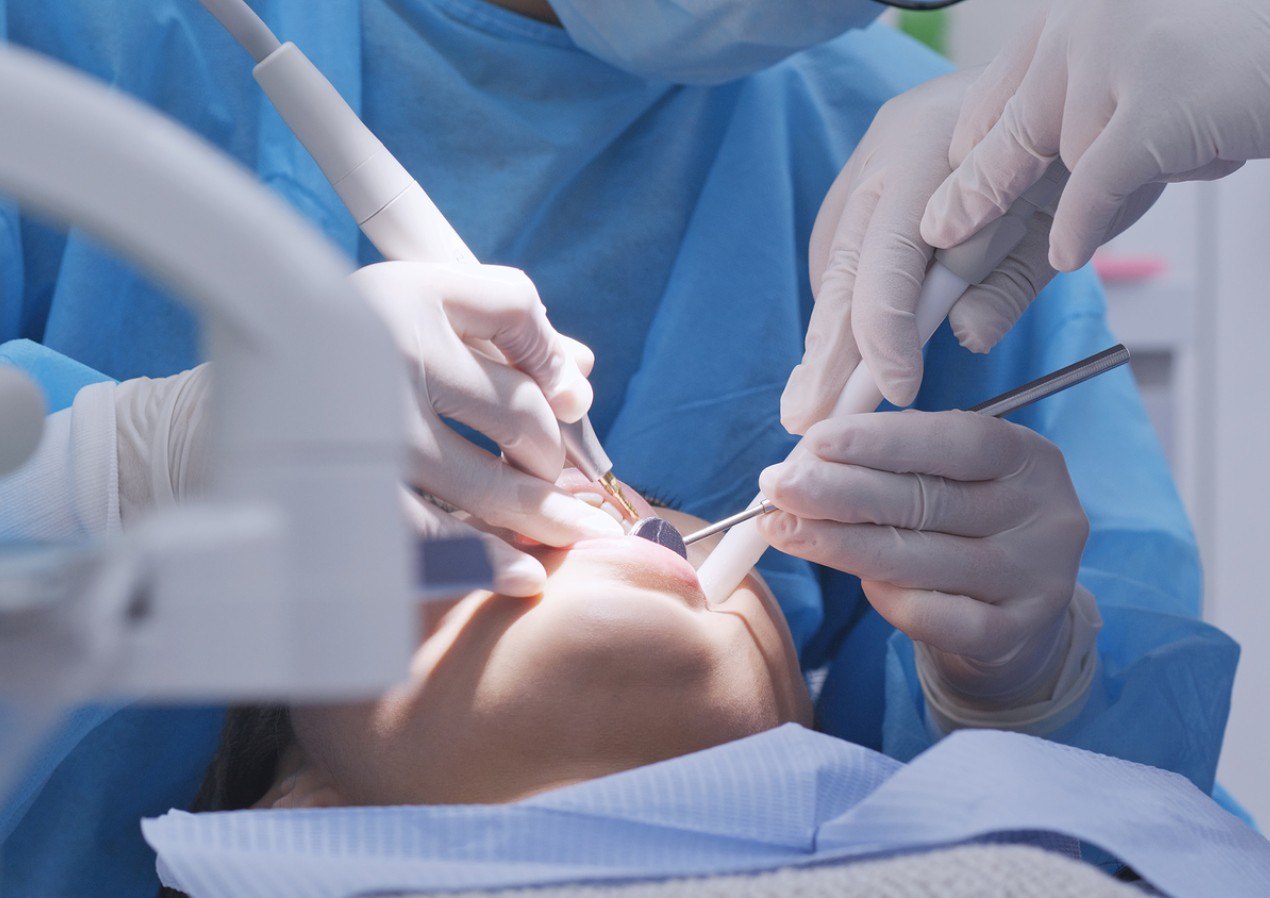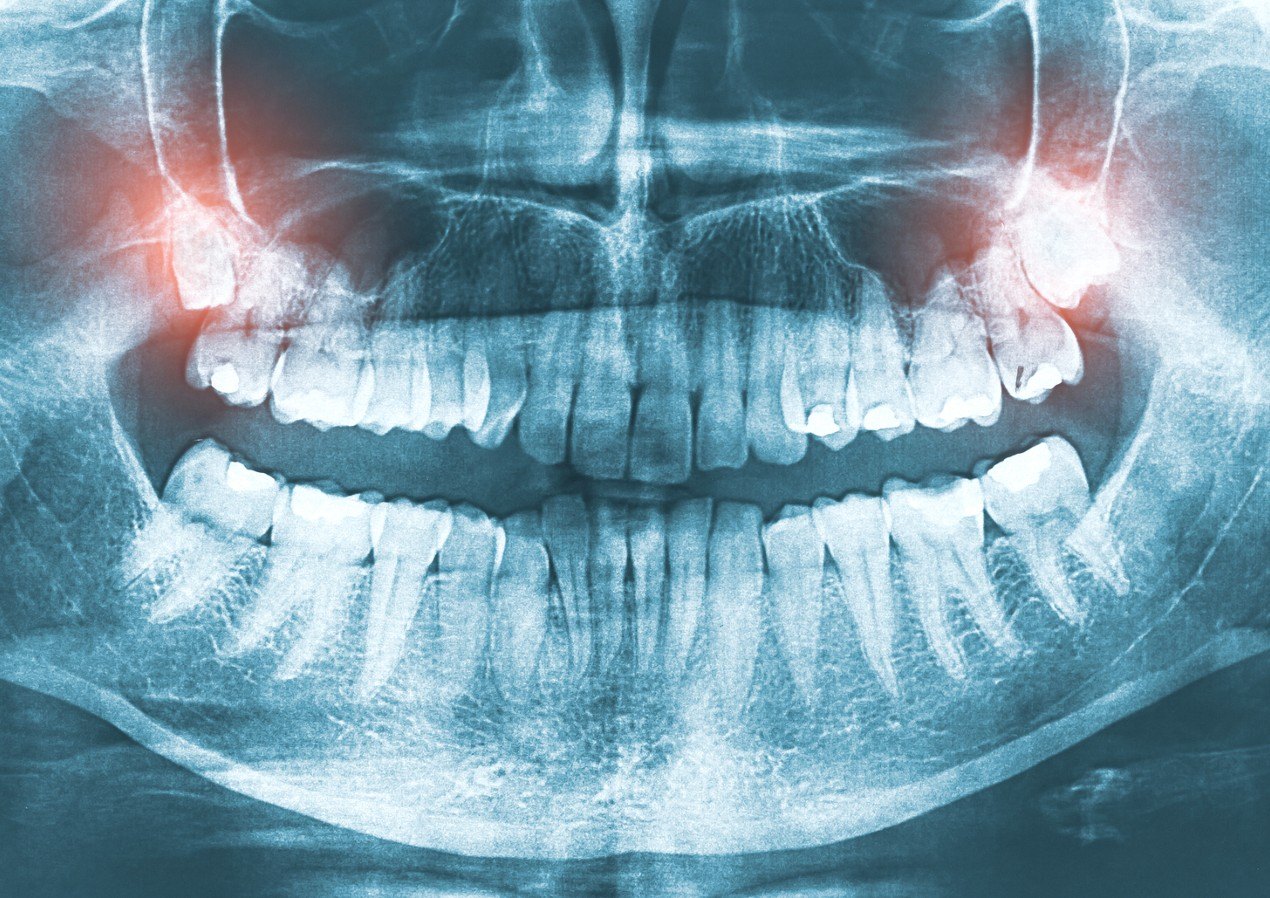
Evercare Dental Group provide dental extractions to residents in Eltham and surrounds including Eltham North, Montmorency, Briar Hill, Research and Diamond Creek. Our Bulleen clinic patients are residents of the surrounding area including Heidelberg, Ivanhoe, Balwyn, Templestowe and Doncaster.

Reasons for extractions:
- Decayed teeth which have extensive caries and are unrestorable
- Periodontally involved teeth which have lost bone support leading to infection and mobility of tooth
- Impacted wisdom teeth which have yet to erupt due to lack of space
- Orthodontc treatment may require extraction of one or more teeth prior to placing braces to allow perfect alignment of teeth
- Teeth which have suffered trauma especially to the roots may require extraction
The Extraction Process
Prior to the extraction your dentist will take an X-ray to assess the shape and length of the roots. Your tooth, jawbone and gums will be numbed a local anesthetic.
During the extraction process you will feel a lot of pressure. This is from the process of firmly rocking the tooth in order to widen the socket for removal.
You feel the pressure without pain as the anesthetic has numbed the nerves stopping the transference of pain, yet the nerves that transmit pressure are not profoundly affected. If you do feel pain at any time during the extraction please inform your dentist.
Surgical Extraction
Sometimes a “surgical extraction” is required when the tooth is not completely erupted as in the case of some wisdom teeth or when the roots or tooth have broken to the gum line.
This is a very common procedure done when a tooth is so firmly anchored in its socket or the root is curved and the socket can’t expand enough to remove it. The doctor simply cuts the tooth into sections then removes each section one at a time.

Wisdom Teeth Extraction
Wisdom teeth extractions are done on a regular basis here at Evercare Dental Group. Wisdom teeth problems arise most commonly in people in their late teens or early twenties. Most people have four wisdom teeth however having 3 or less is not uncommon.
Wisdom teeth become a problem as they begin to grow most commonly in patients that do not have enough space at the rear of the jaw to fit them. If this happens, the teeth become wedged in behind the tooth in front (impacted). Impacted wisdom teeth can cause a variety of problems including infection, pain, damage to nearby molars, and food packing which can then lead to decay.
In some cases, patients may require a referral to an Oral surgeon to have the wisdom teeth extracted. Your dentist will discuss the need for referral if required.
Postoperative Care — Home Care After Tooth Extractions
Bleeding
Some bleeding may occur. Placing a piece of moist gauze over the empty tooth socket and biting down firmly for 15 minutes can control this.
Blood clots that form in the empty socket.
This is an important part of the healing process and you must be careful not to dislodge the clot.
- Avoid rinsing or spitting for 24 hours after the extraction.
- Avoid use of a straw, smoking or hot liquids.
Swelling
If swelling occurs you can place ice on your face for 10 minutes and off for 20 minutes. Repeat this cycle as you feel necessary for up to 24 hours.
Pain and Medications
If you experience pain you might use non-prescription pain relief medications such as acetaminophen or ibuprofen.
Eating
For most extractions just make sure you do your chewing away from the extraction site. Stay away from hot liquids and alcoholic beverages for 24 hours.
A liquid diet may be recommended for 24 hours.
Brushing and Cleaning
After the extraction avoid brushing the teeth near the extraction site for one day. After that you can resume gentle cleaning. Avoid commercial mouth rinses, as they tend to irritate the site.
Beginning 24 hours after the extraction you can rinse with salt water (1/2 teaspoon in a glass of water) after meals and before bed.
Dry Socket
Dry socket is when a blood clot fails to form in the socket where the tooth has been extracted or the clot has been dislodged and the healing is significantly delayed. This is a common side effect in smokers.
Following the post extraction instructions will reduce the chances of developing dry socket. Dry sockets manifest themselves as a dull throbbing pain, which doesn’t appear until three to four days after the extraction. The pain can be moderate to severe and radiate from the extraction area. Dry socket may cause a bad taste or bad breath and the extraction site appears dry.
The doctor will apply a medicated dressing to the dry socket to sooth the pain.
Healing
After a tooth has been extracted there will be a resulting hole (socket) in your jawbone where the tooth used to sit. In time, this will smooth and fill in with bone. This process can take many weeks or months. However after 1- 2 weeks you should no longer notice any inconvenience.
Important Notice:
Any surgical or invasive procedure carriers risks. Before proceeding, you should seek a second opinion from an appropriately qualified health practitioner.



